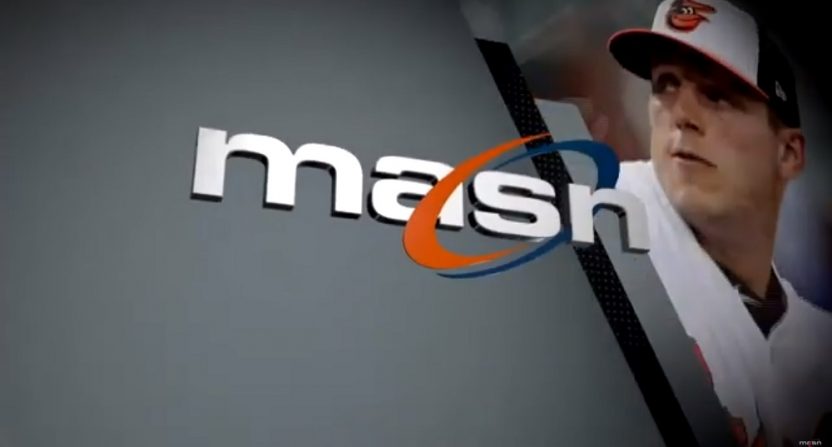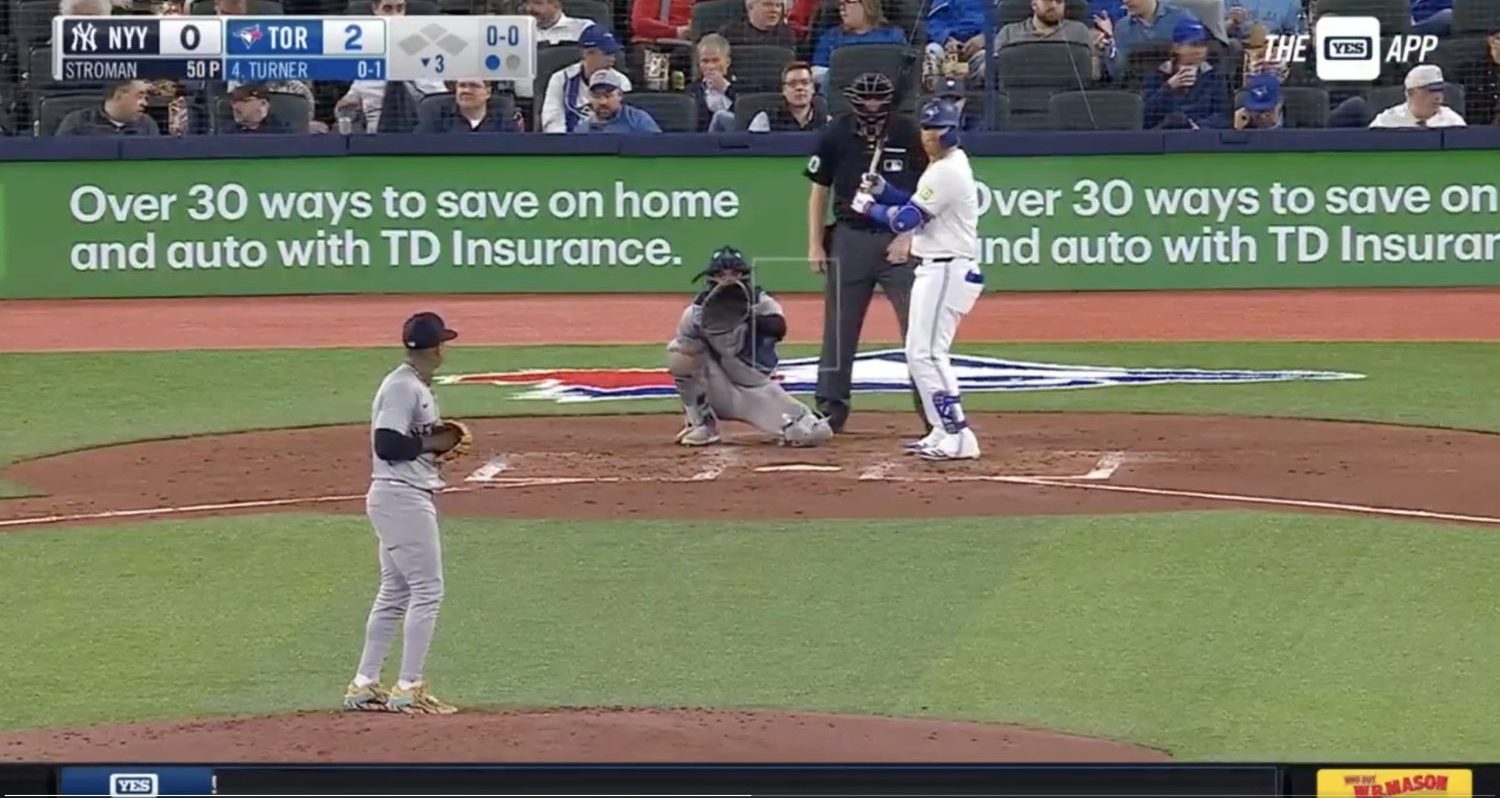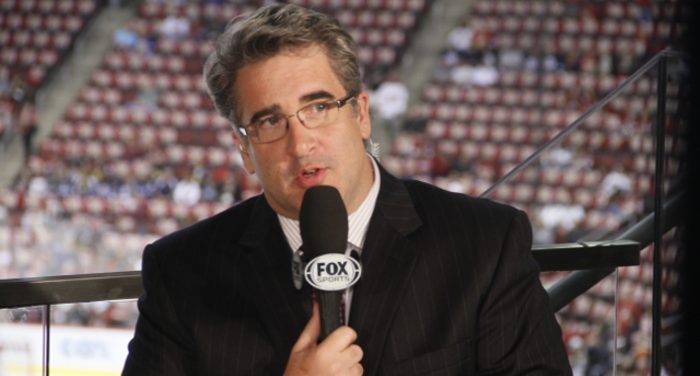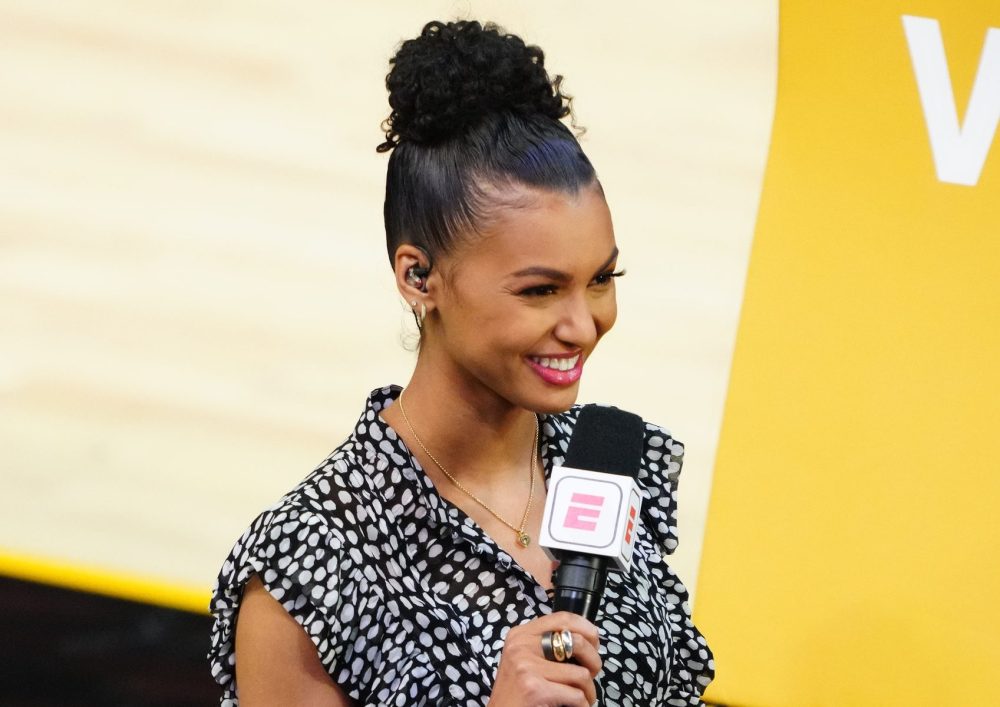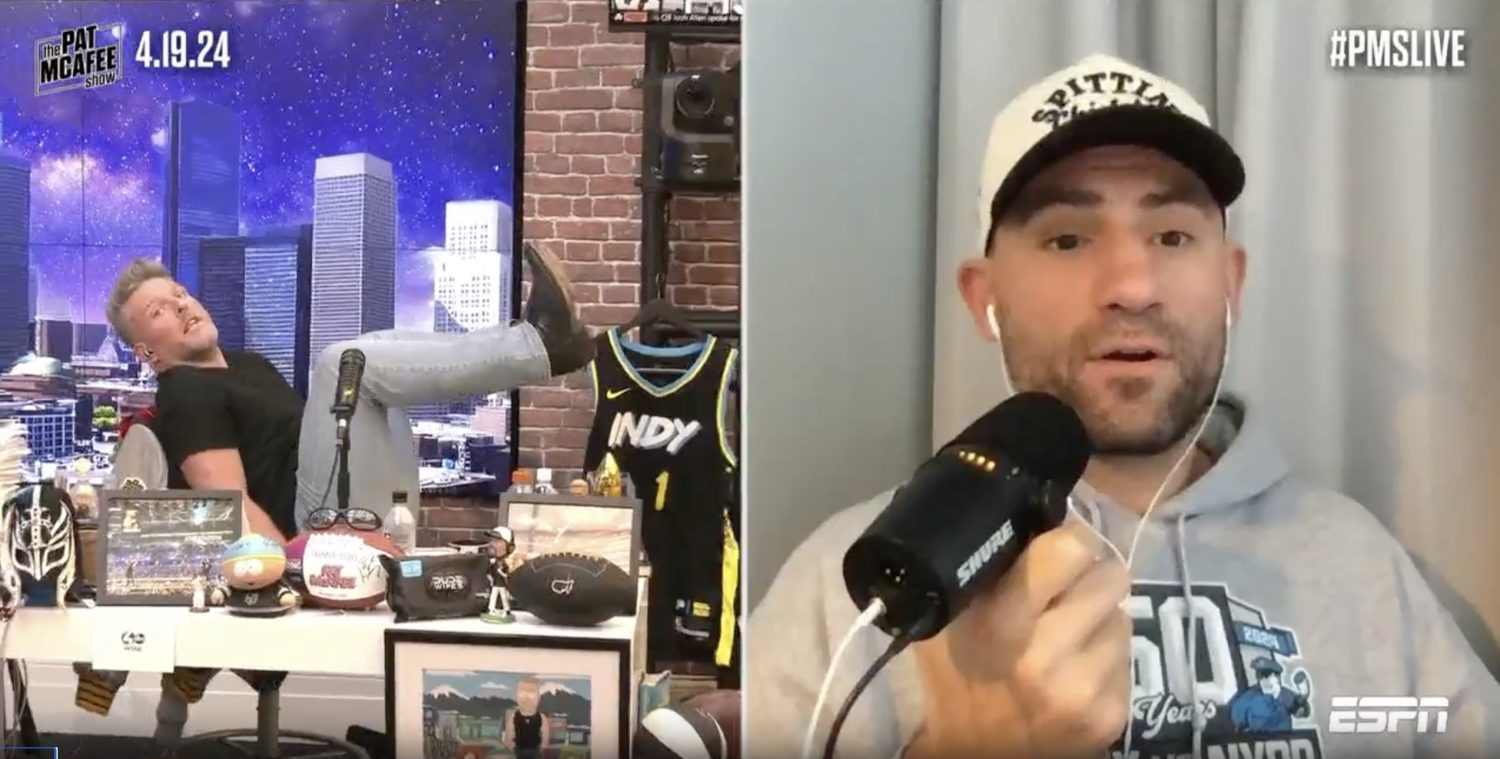The COVID-19 pandemic led to a lot of changes in broadcasting, including increases in remote broadcasters and in networks not sending full trucks to away games. With COVID restrictions loosening in 2022, a lot of networks have now gone back to their former in-person models, but that hasn’t been universal.
In MLB alone, we’ve seen some notable remote broadcasting issues over the past years from the Yankees, Cubs, and more. This year alone, we’ve seen issues from the Angels and others. And one particularly notable thing lately is the Baltimore Orioles and Washington Nationals (both broadcast on MASN) currently choosing to not send their broadcasters to road games. Ben Strauss of The Washington Post got an interesting comment on that front from MASN spokesperson Todd Webster Saturday:
MASN spokesman Todd Webster wrote in a statement: “The global pandemic required all of us to learn new lessons in innovation, resourcefulness, and resilience. MASN is carrying forward some of those lessons.”
An interesting thing about that statement is how it exposes MASN as an outlier amongst regional sports networks. Many networks “learned new lessons” over the past few seasons, often including remote broadcasting. But most of those networks reverted to something closer to a pre-pandemic model of broadcasting this year. Yes, there are absolutely still plenty of pandemic concerns, but the majority of local networks are not seeing those as reasons to reduce travel right now. And under current MLB policies, it’s quite possible to send local broadcasters on the road, and most local RSNs are doing that.
This one is also interesting for the reaction it drew beyond the media world. Strauss, a media reporter, wrote a piece that fits right in with the media world. But it then got picked up by his Post colleague Barry Svrluga, a general sports columnist who doesn’t often touch on media topics. And that led to some indignation from Svrluga:
It’s front of mind, too, because MASN’s broadcasters are outliers in baseball in not traveling to any road games — a decision that reeks of financial limitations, no matter the purported reason.
This is good for exactly no one. Seventeen years after the Nationals arrived, the regional sports network entrusted with its broadcasts still isn’t providing the team with the revenue it expected. More than that, it sometimes looks like a low-rent operation that can’t provide the best product for its customers.
…Todd Webster, a MASN spokesperson, issued a statement to my colleague Ben Strauss that said: “The global pandemic required all of us to learn new lessons in innovation, resourcefulness, and resilience. MASN is carrying forward some of those lessons.”
How noble. Phrased differently: “We’re willing to save some cash at the expense of the quality of the broadcast. Sorry, viewers.”
And something that’s interesting about this particular subject is that it opens up a pathway for even those who don’t regularly cover media to make good media points. Svrluga is not a go-to source for details on broadcasting deals or particular media issues, but this particular situation is so problematic that a general sports columnist can recognize and spotlight the issues with it. And that’s a further problem for MASN.
When it’s the likes of us who are immersed in this world complaining about your poor decisions, that’s one thing. But when that spreads to a wider group of media members who usually take little to no notice of broadcasting deals, that’s a much bigger problem. And that’s a large part of the issue here, especially with so many other networks returning to on-location broadcasts. There isn’t a good health-based reason to continue with these subpar (as for why they’re subpar, Strauss’ piece has some good comments on that from Turner/Milwaukee Brewers broadcaster Brian Anderson) remote broadcasts right now, and presenting this decision as “carrying forward some of those lessons” from the pandemic is quite ridiculous. And it’s interesting that MASN is still putting out those comments while their RSN peers have largely opted to return to proper in-person broadcasts.

